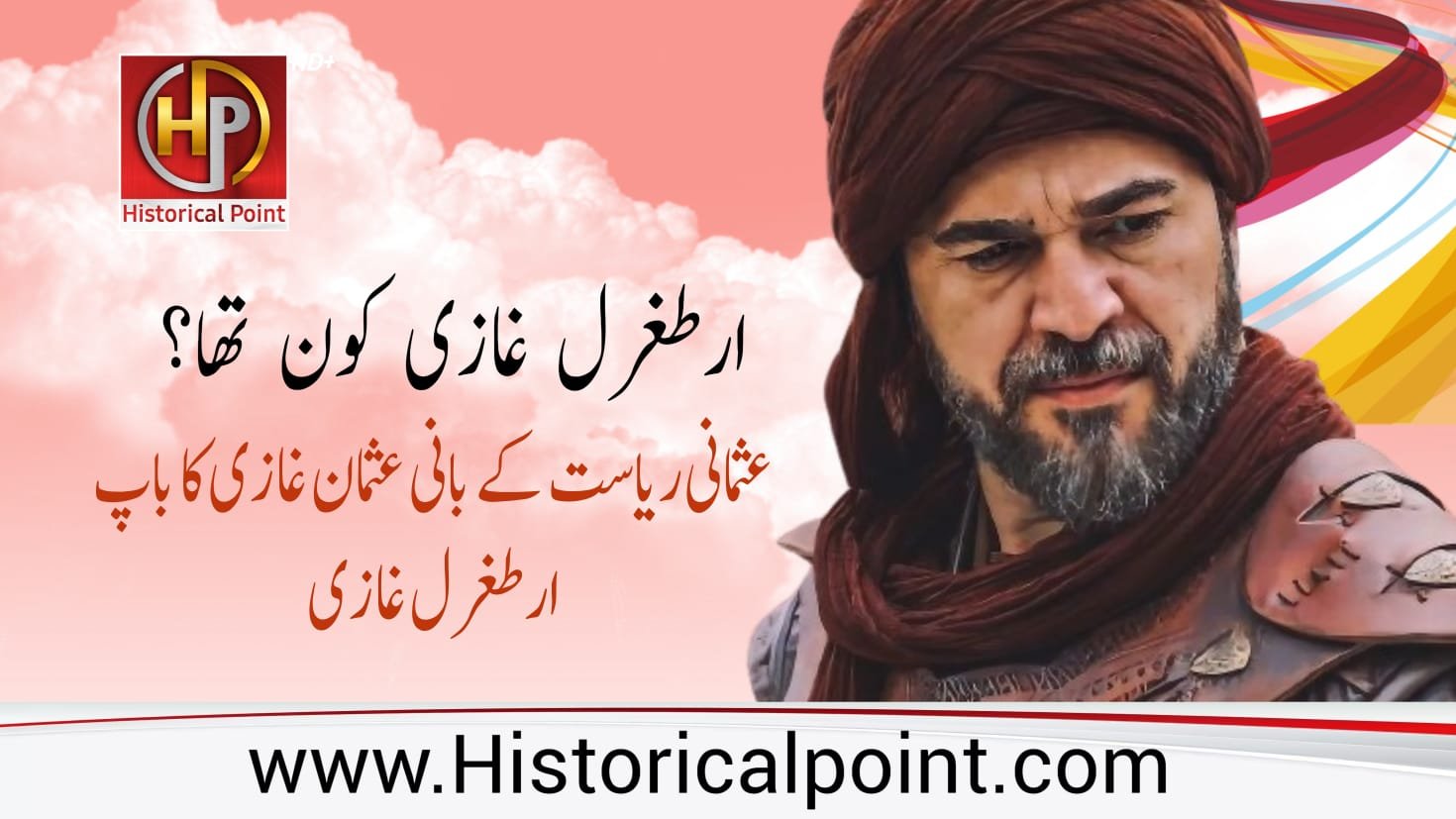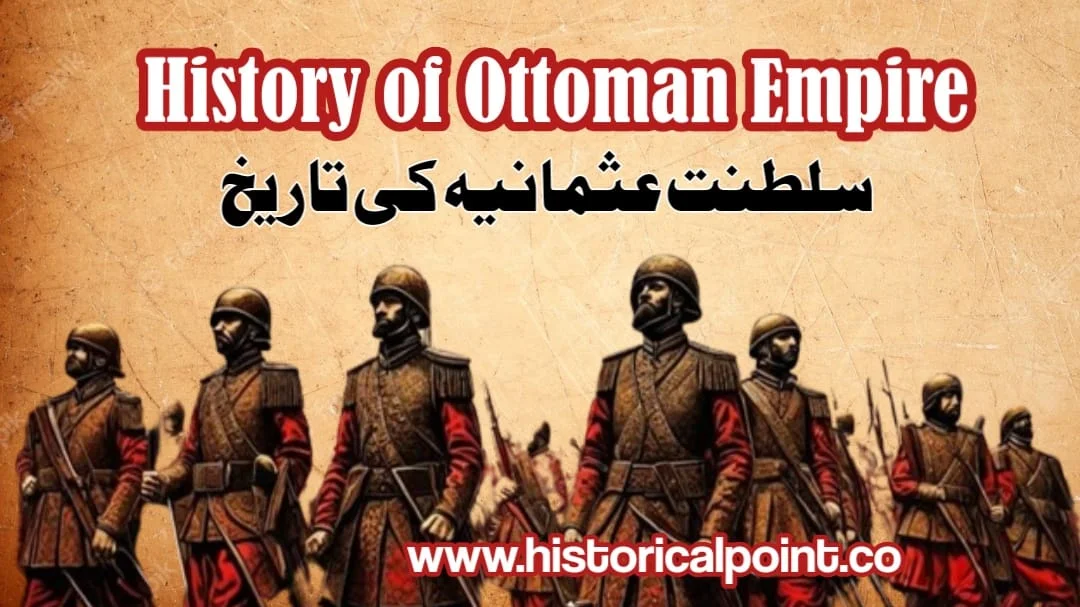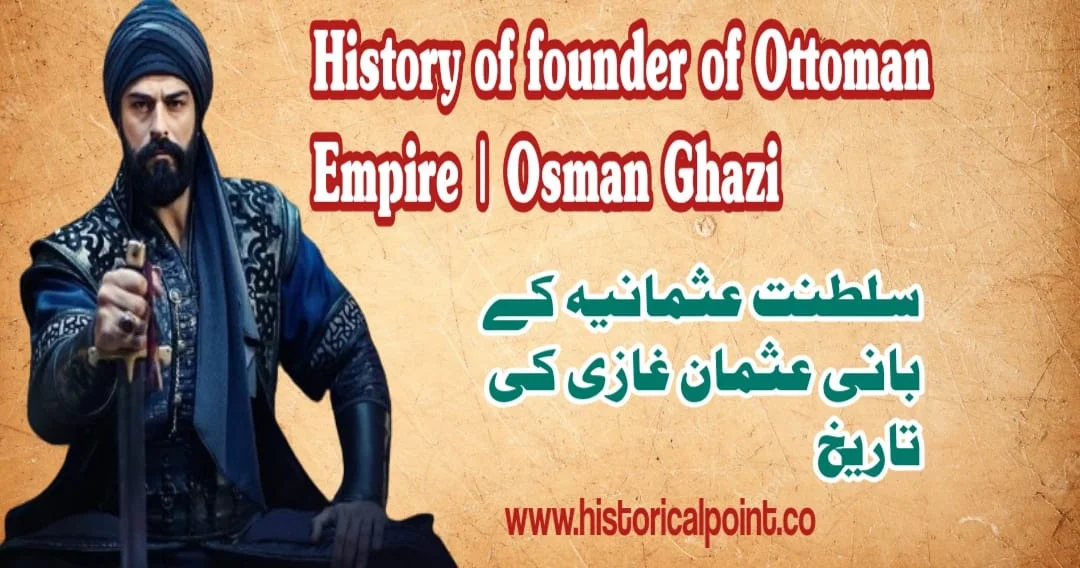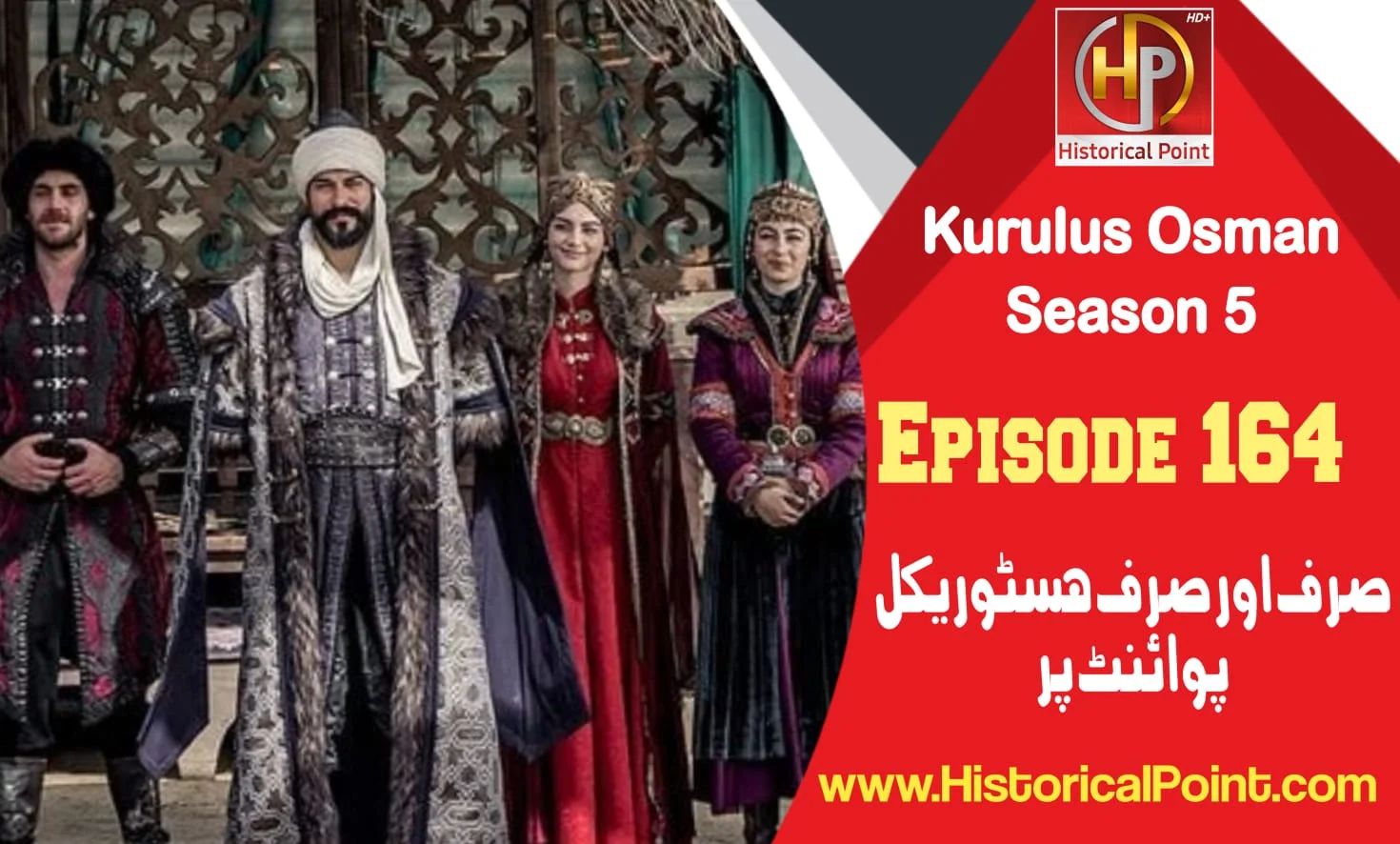
Ertugrul Ghazi was a prominent historical figure whose life and legacy played a crucial role in the formation of the Ottoman Empire. Known for his bravery, leadership, and vision, Ertugrul’s contributions set the stage for the rise of one of the most powerful empires in history. This blog post explores the life of Ertugrul Ghazi, his achievements, and his lasting impact on the Ottoman Empire.
Early Life and Background of Ertugrul Ghazi
Ertugrul Ghazi was born in the late 12th century, around 1191. He was the son of Suleiman Shah, the leader of the Kayi tribe, a prominent Turkish tribe among the Oghuz Turks. The Kayi tribe was known for its strength, unity, and warrior spirit. Ertugrul’s upbringing was marked by the challenges and uncertainties of the nomadic lifestyle, which shaped his character and leadership qualities.
Migration and Settlement
The Kayi tribe, led by Suleiman Shah, faced significant challenges due to the Mongol invasions in Central Asia. Seeking refuge, the tribe migrated westward, eventually settling in Anatolia. After the death of Suleiman Shah, who drowned while crossing the Euphrates River, Ertugrul assumed the leadership of the Kayi tribe.
Ertugrul’s leadership during this period was marked by strategic decisions and alliances that ensured the survival and prosperity of his people. He led his tribe through various conflicts and established strong ties with the Seljuk Sultanate of Rum, which ruled over Anatolia at the time. These alliances were crucial in securing a stable and secure territory for the Kayi tribe.
The Battle of Yassicemen
One of the most significant events in Ertugrul’s life was the Battle of Yassicemen, fought in the 1230s. The Seljuk Sultanate, under the leadership of Sultan Alaeddin Keykubad I, faced threats from the Mongols and other adversaries. Ertugrul, recognizing the importance of supporting the Seljuk Sultanate, allied his tribe with the Seljuks and fought bravely in the Battle of Yassicemen.
Ertugrul’s valor and military prowess during this battle earned him the respect and gratitude of Sultan Alaeddin Keykubad I. In recognition of his services, the Sultan granted Ertugrul and his tribe land in the region of Sogut, located near the Byzantine border. This strategic location would later play a crucial role in the establishment of the Ottoman Empire.
Establishing the Foundations of the Ottoman Empire
Settling in Sogut marked a turning point for Ertugrul and the Kayi tribe. The fertile land and strategic location provided an ideal base for further expansion and consolidation of power. Ertugrul’s leadership during this period focused on strengthening the tribe’s military capabilities, establishing alliances, and ensuring the welfare of his people.
Ertugrul’s vision and leadership set the stage for his son, Osman I, to establish the Ottoman Empire. He instilled in Osman the values of courage, justice, and loyalty, which became the foundational principles of the Ottoman state. The stability and prosperity achieved during Ertugrul’s leadership provided a solid foundation for the future growth and expansion of the Ottoman Empire.
Legacy and Influence
Ertugrul Ghazi’s legacy extends beyond his military achievements and leadership. He is remembered as a just and wise leader who prioritized the well-being of his people and upheld the values of honor and integrity. His life and contributions have been celebrated in Turkish culture and history, and his story continues to inspire future generations.
- Cultural Icon: Ertugrul’s life and legacy have been immortalized in Turkish literature, folklore, and popular culture. His story has been adapted into numerous television series and films, highlighting his role in the early history of the Ottoman Empire.
- Symbol of Turkish Heritage: Ertugrul is regarded as a symbol of Turkish heritage and pride. His contributions to the formation of the Ottoman Empire and his exemplary leadership have made him a revered figure in Turkish history.
- Inspiration for Leadership: Ertugrul’s leadership qualities, including his strategic vision, bravery, and commitment to justice, serve as an inspiration for leaders across generations. His ability to navigate complex political and military landscapes and secure the future of his people is a testament to his remarkable leadership skills.
- Foundation for the Ottoman Empire: Ertugrul’s most significant legacy is his role in laying the foundations for the Ottoman Empire. His strategic decisions, alliances, and military successes provided a solid base for his son, Osman I, to establish and expand the Ottoman state.
Conclusion
Ertugrul Ghazi’s life and legacy are integral to the history of the Ottoman Empire. As the father of Osman I and a key figure in the early formation of the Ottoman state, his contributions have left an enduring impact on Turkish history. Ertugrul’s leadership, bravery, and vision set the stage for the rise of one of the most powerful and influential empires in history.
His story, celebrated in Turkish culture and history, continues to inspire and resonate with people around the world. Ertugrul Ghazi’s legacy as a legendary hero and a foundational figure in the Ottoman Empire remains a testament to his remarkable contributions and enduring influence.



